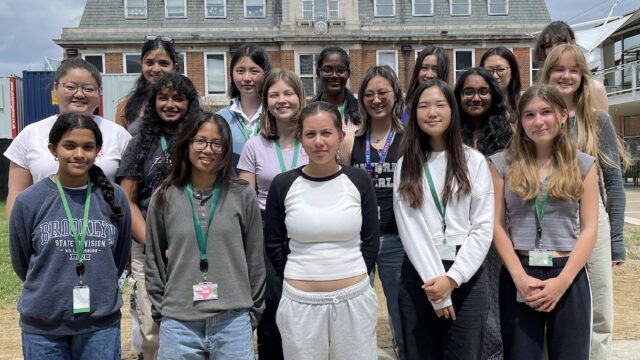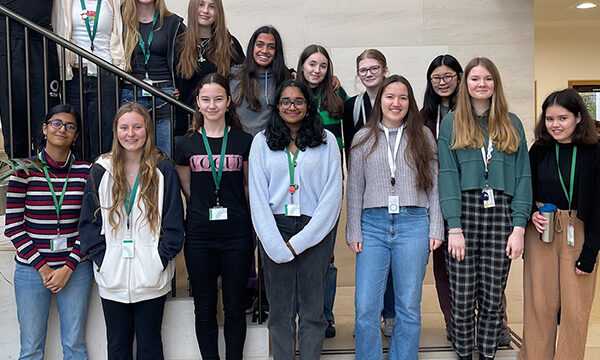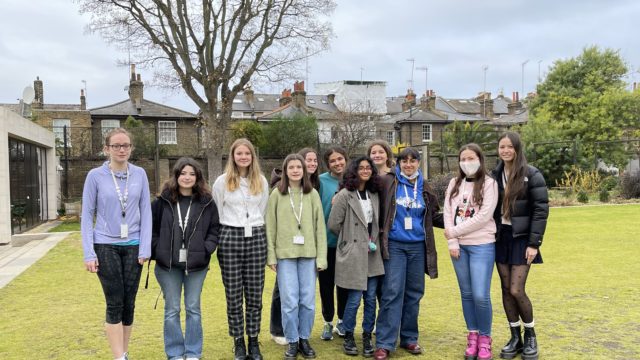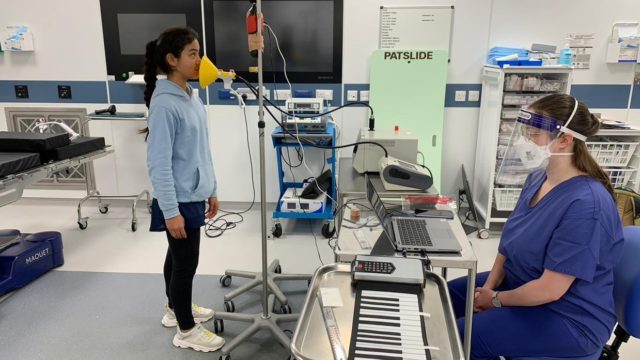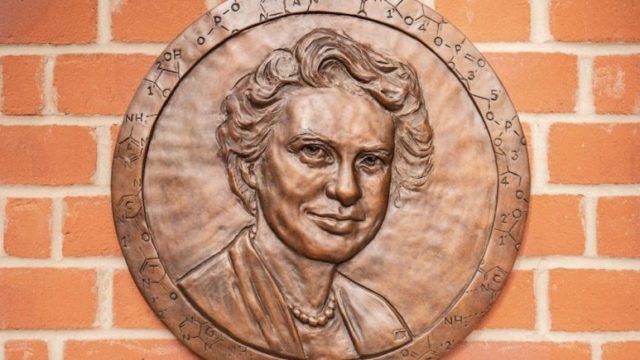Biology
Biology is the science of life and it includes the study of life processes and living organisms from molecular level, to unicellular and multicellular life forms, to populations and communities of flora and fauna and their dynamic interactions within an ecosystem.
What we study
The OCR Biology A specification is divided into six teaching modules. Practical work forms the basis of how we teach the course, and the first module of ‘Development of practical skills’ is integrated throughout the course. Senior School students will be expected to plan, implement, analyse and evaluate practical work in the majority of viable topics and some of the evidence from this work is then used for the assessed Practical Endorsement.
‘Foundations in biology’ considers the structural, biochemical and functional similarities of living organisms. A solid understanding of this is fundamental to further study of biology. ‘Exchange and transport’ explores the structure and function of gas exchange and transport systems in a range of animals and in terrestrial plants. ‘Biodiversity, evolution & disease’ explores how organisms are classified and the ways in which biodiversity can be measured.
An understanding of the variety of pathogenic organisms and the way in which plants and animals have evolved defences to deal with disease is gained through this module. In ‘Communication, homeostasis & energy’ we study how plants and animals respond to stimuli, namely the biochemical pathways of photosynthesis and respiration, with an emphasis on the formation and use of ATP as the source of energy for biochemical processes. Finally, ‘Genetics, evolution & ecosystems’ covers the role of genes in regulating and controlling cell function and development, including heredity and the mechanisms of evolution and speciation.
The course provides breadth and depth, while also allowing an infinite possibility for tangents, research, discussion, additional reading and further study.
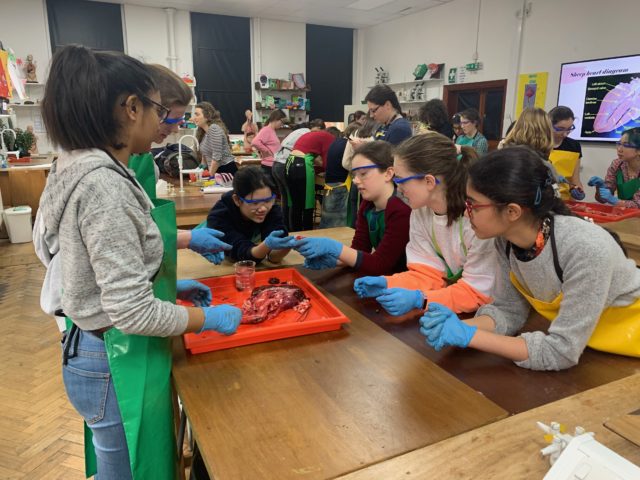
Beyond the curriculum
The biology department has many extra-curricular clubs that are completely organised and led by our senior biologists; Dissection Society, Medical Society and Veterinary Society have all been running for a number of years. Activities have included dissecting a piglet, painting with maggots, learning about the physiology of a race horse and listening to medical experts.
We also have a large number of students participating in the Biology Challenge, the Intermediate Olympiad and the British Biology Olympiad each year, with an impressive number of medallists. A smaller number of our senior students write essays for competitions such as the ZSL Prince Philip Award and Marsh Prize, the Peterhouse Kelvin Science Prize and the Corpus Christi Schools Science Prize. Our Senior Scholarship entrants have recently included essays on a variety of topics including: ‘Building a microbial fuel cell: How I made electricity from sludge’ and ‘Anticipating aggression: Do captive chacma baboons groom more than normal before their expected feeding time?’
We have a popular annual residential fieldtrip to Pembrokeshire at the end of the VII to explore rocky shore ecology and sand dune succession in a wonderful outdoor setting. In October 2023, we are launching a new trip in the biology department: an expedition to the captivating Azores archipelago. During this week, VI and VII students will explore volcanic lakes, hot springs, cascading waterfalls, and botanical gardens. This will be an immersive study of the natural world, aligning with their GCSE and A level courses.

Where it might lead
A large number of students go on to biology related degrees, such as medicine, biochemistry and natural sciences. In addition, courses like human sciences and experimental psychology have been popular recently. Some of our senior students just study biology A level because they enjoy it, before going in a completely different direction, and that’s okay too!
Qualification
A level
Board
OCR (A)
Mode of Assessment
100% examination with Practical Endorsement (Pass/Fail)
